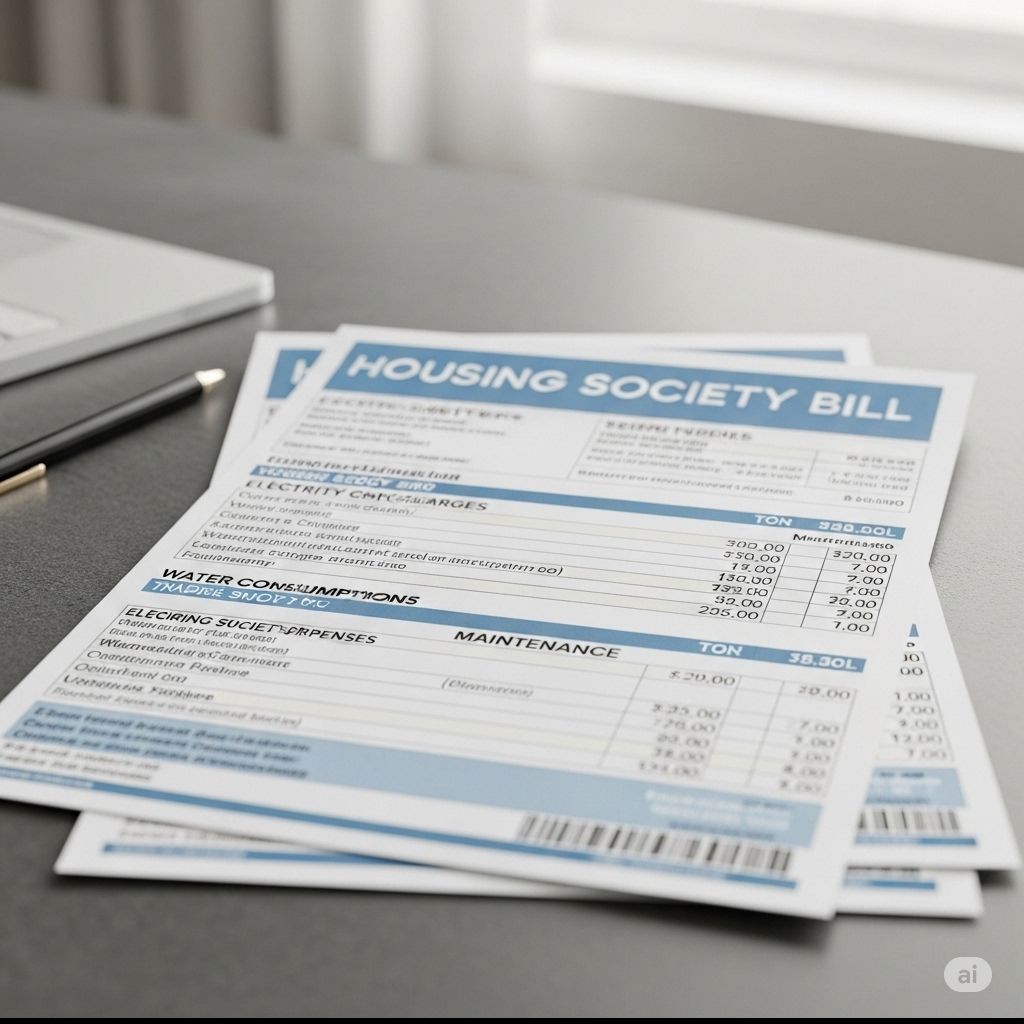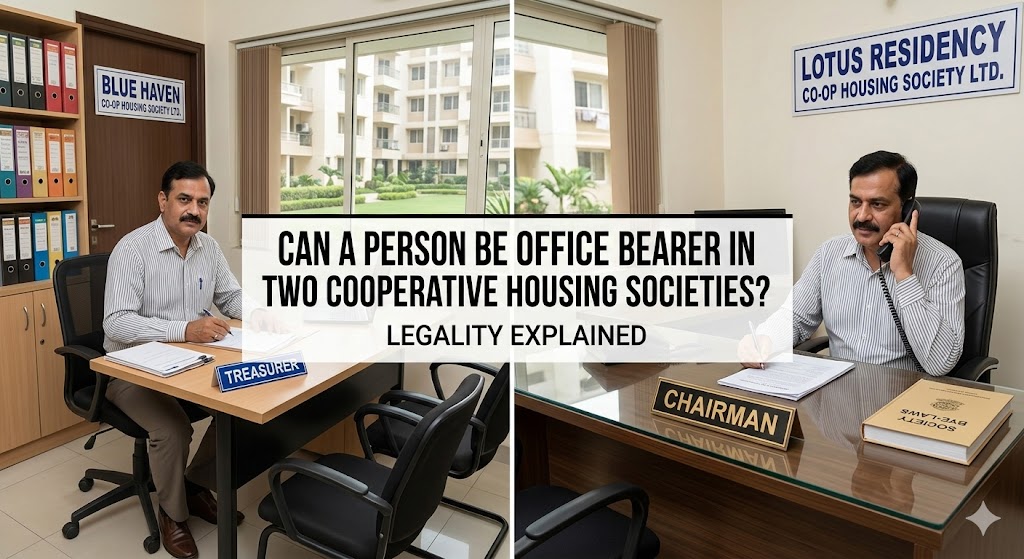One common grievance among members of cooperative housing societies is the lack of transparency in maintenance bills. Often, societies issue consolidated bills under the generic head of “Maintenance Charges”, without providing a detailed break-up. While this practice may seem convenient, members have the right to seek clarity on how their contributions are being spent. Let’s understand what the law says.
What the Bye-laws Say About Service Charges
The Model Bye-laws of Cooperative Housing Societies in Maharashtra provide guidance on how societies should compute and recover charges from their members:
Bye-law 65: Charges to be Levied
This bye-law states that the society may collect the following charges:
- Property tax
- Water charges
- Common electricity charges
- Repairs and maintenance charges
- Sinking fund
- Service charges
- Parking charges
- Interest on defaulted payments
- Non-occupancy charges
- Insurance premium
- Lease rent, non-agricultural tax, etc.
Bye-law 66: What Are Service Charges?
Bye-law 66 elaborates that “service charges” include the following:
- Salaries of office staff, watchmen, cleaners, gardeners, etc.
- Property tax, electricity, water charges for society’s office
- Printing, postage, and stationery
- Travelling and conveyance expenses of committee members
- Affiliation and audit fees
- Legal, retainer, and statutory fees
- Expenses for general body and committee meetings
- Common electricity charges
- Any other common expenses approved by the general body
Is the Society Required to Give a Detailed Break-up?
Technically, the bye-laws do not mandate that every maintenance bill must provide a detailed break-up of the service charges. However, they do specify the components that make up service charges.
This means:
- The society is expected to maintain clarity in its accounting and charge only as per defined heads
- The general body can direct the managing committee to issue bills with detailed break-ups for better transparency
Hence, members have the right to demand a more detailed bill, especially when:
- Service charges seem unreasonably high
- There is suspicion of misappropriation or overcharging
- There is inconsistency in billing amounts among members
What Can Members Do If the Society Does Not Provide Details?
- Raise the issue in the General Body Meeting (GBM) and request a resolution mandating detailed bills.
- Write a formal letter to the Secretary and Chairman, referring to Bye-laws 65 and 66.
- If transparency is still denied, approach the Registrar of Cooperative Societies with a formal complaint.
- Societies can also be requested to display monthly expenses on the notice board or society app, if used.
Conclusion
While the bye-laws do not explicitly state that each bill must carry a detailed break-up of service charges, they provide enough guidance for members to demand transparency. A well-functioning society should always aim to keep its billing practices clear, fair, and accountable. The general body has the authority to direct the managing committee on the format and content of maintenance bills.






